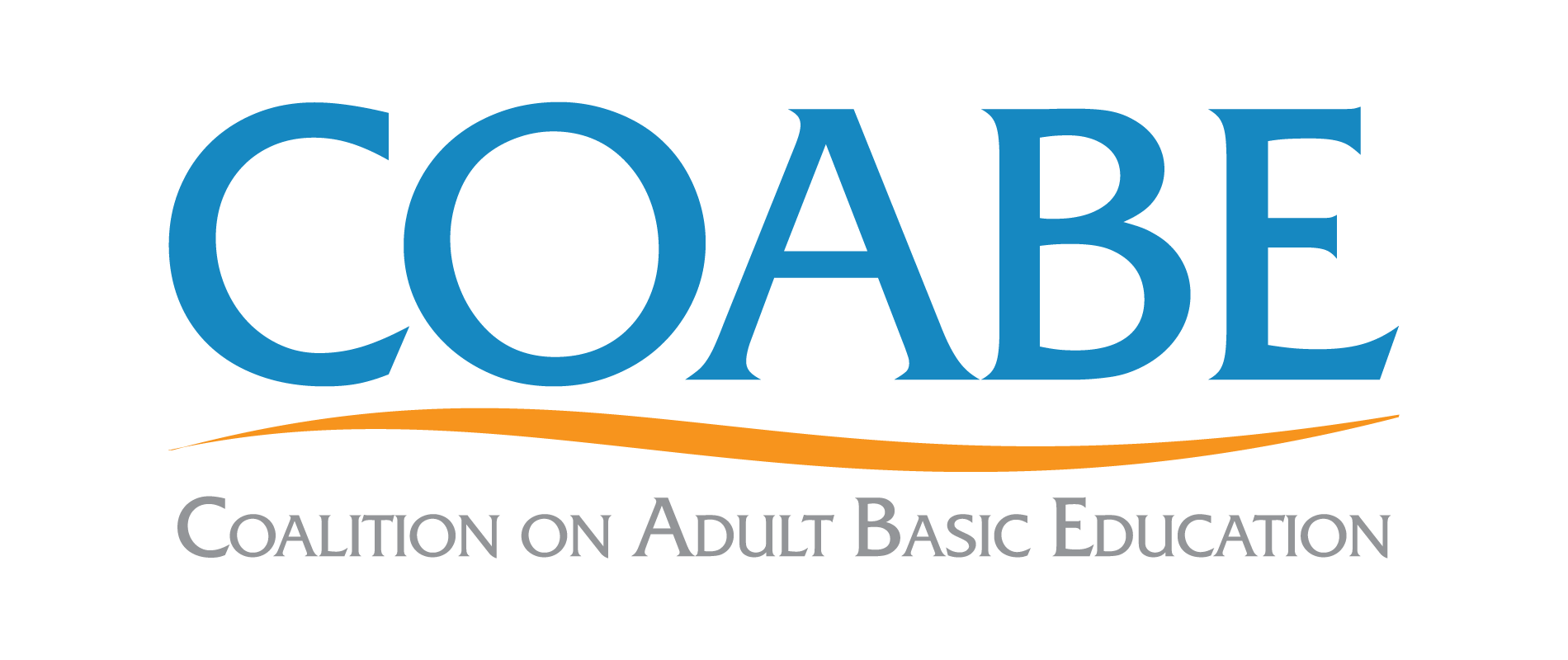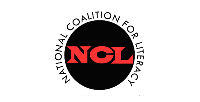On December 11th and 12th, the AIR PIAAC team was joined by a group of more than 120 researchers, policymakers, and practitioners from both the U.S. and other countries for the first U.S. PIAAC research-to-action conference. Authors of 11 research papers commissioned by AIR through funding provided by the U.S. Department of Education's National Center for Education Statistics (NCES) presented key findings of their papers. The presentations were organized around four key themes — workforce issues, literacy and learning, skills of immigrants, and health literacy — providing an opportunity for participants to engage in spirited discussions of the implications of the findings for policy and practice as well as to raise questions about the findings themselves. The conference was made possible by a generous grant from the Dollar General Foundation and highlighted by introductory talks by Peggy Carr, Acting Commissioner of NCES, and Johan Uvin, Acting Assistant Secretary of the Office of Career, Technical, and Adult Education (OCTAE). Materials from this dynamic and intellectually stimulating event are posted below. Help us take the next steps to engage leaders in using these findings to shape policy and practice!
Conference Logistics:
Conference Agenda
Presenter Bios
List of Participants
Feedback from Participants
Conference Materials:
One-Page Summaries of Researcher Papers
Photo Gallery
Full Research Papers (links below)
Video Presentations (individual links below)
Welcoming Remarks by Jaleh Behroozi Soroui, PIAAC director, American Institutes for Research. View video ›
Introductory Remarks by Peggy Carr, Acting Commissioner, National Center for Education Statistics (NCES), U.S. Department of Education. View video ›
Keynote Speech by Johan Uvin, Acting Assistant Secretary, Office of Career, Technical and Adult Education (OCTAE), U.S. Department of Education. View video ›
Sessions
Session 1: Labor/Workforce Issues View session video ›
Moderator - Demetra Smith Nightingale, Chief Evaluation Officer, U.S. Department of Labor
"Cognitive Skills in the U.S. Labor Market: For Whom Do They Matter?” by Harry J. Holzer, Public Policy Institute, Georgetown University and American Institutes for Research; and Robert I. Lerman, Economics, American University and Urban Institute.
View summary › View powerpoint › View full research paper › View video ›“Revisiting the Effects of Skills on Inequality: Within-and Cross-country Comparisons Using PIAAC” by Anita Alves Pena, Economics, Colorado State University.
View summary › View powerpoint › View full research paper › View video ›“Gender and Numeracy Skill Use: Cross-National Revelations from PIAAC” by Danielle J. Lindemann, Center for Women and Work, Rutgers University.
View summary › View powerpoint › View full research paper › View video ›
Discussant - Evelyn Ganzglass, Senior Fellow, Center for Law and Social Policy (CLASP). View notes › View video ›
Q & A View video ›
Session 2: Literacy and Learning I View session video ›
Moderator - Laura Salganik, Senior Vice President, American Institutes for Research
“Adult Education and Training Programs for Older Adults in the U.S.: National Results and Cross-national Comparisons Using PIAAC Data” by Phyllis Cummins, Suzanne Kunkel, and Ryan Walker, Scripps Gerontology Center, Miami University.
View summary › View powerpoint › View full research paper › View video ›
Discussant - Sharon Boivin, GEMEnA, National Center for Education Statistics. View video ›
Q & A View video ›
Session 3: Literacy and Learning II View session video ›
Moderator - Laura Salganik, Senior Vice President, American Institutes for Research
“Digital Inclusion and Digital Literacy in the United States: A Portrait from PIAAC” by Stephen Reder, Applied Linguistics, Portland State University.
View summary › View powerpoint › View full research paper › View video ›“Adult Transitions to Learning in the USA: What Do PIAAC Survey Results Tell Us?” by Margaret Becker Patterson and Usha G. Paulson, Research Allies for Lifelong Learning.
View summary › View powerpoint › View full research paper › View video ›“Adults’ Readiness to Learn as a Predictor of Literacy Skills” by M Cecil Smith, Learning Sciences and Human Development, West Virginia University; Amy D. Rose, Adult and Higher Education, Northern Illinois University; Jovita Ross-Gordon, Adult Education, Texas State University; and Thomas J. Smith, Educational Technology, Research, and Assessment, Northern Illinois University.
View summary › View powerpoint › View full research paper › View video ›
Discussant - Donald Leu, Professor of Education, University of Connecticut. View video ›
Q & A View video ›
Session 4: Skills of US immigrants View session video ›
Moderator - Michael Jones, Division Chief, Division of Citizen Education and Training, Department of Homeland Security
“What Does PIAAC Tell Us About the Skills and Competencies of Immigrant Adults in the United States?“ by Jeanne Batalova and Michael Fix, Migration Policy Institute.
View summary › View powerpoint › View full research paper › View video ›“A Comparative Study of Immigrant and Native Employees in the United States and Canada” by William C. Smith and Frank Fernandez, Center for the Study of Higher Education, Pennsylvania State University.
View summary › View powerpoint › View full research paper › View video ›
Discussant - Surabhi Jain, Associate Director, Workforce Development, National Council of La Raza (NCLR) View video ›
Q & A View video ›
Session 5: Health Literacy View session video ›
Moderator - Lynne Haverkos, Program Director, National Institute of Child Health and Human Development, National Institutes of Health
“Understanding Health Information Seeking Behaviors of Adults with Low Literacy, Numeracy, and Problem Solving Skills” by Iris Feinberg, Institute of Public Health, Georgia State University; Daphne Greenberg, Center for the Study of Adult Literacy, Georgia State University; and Jan C. Frijters, Child and Youth Studies, Brock University.
View summary › View powerpoint › View full research paper › View video ›“Examining Associations between Adult Health and Literacy, Numeracy, Technological Problem-Solving Skills, and Post-Initial Learning in the U.S.” by Esther Prins, Goodling Institute for Research in Family Literacy and Institute for the Study of Adult Literacy, Pennsylvania State University; Shannon Monnat, Rural Sociology, Demography and Sociology, Pennsylvania State University; Carol Clymer and Blaire Toso, Goodling Institute for Research in Family Literacy and Institute for the Study of Adult Literacy, Pennsylvania State University.
View summary › View powerpoint › View full research paper › View video ›
Discussant - Linda Shohet, Centre for Literacy, Quebec, Canada. View video ›
Q & A View video ›
Reflections on Day 1
Ellen Scully-Russ, Graduate School of Education and Human Development, George Washington University.
View video ›
Next Steps View session video ›
Moderator - Sondra Stein, PIAAC, American Institutes for Research
Future Directions in Research
Dan McGrath/Eugene Owen, National Center for Education Statistics, U.S. Department of Education.
View presentation › View video ›Implications for Policy and Practice
Gail Spangenberg, Council for Advancement of Adult Literacy (CAAL).
View video ›
Heidi Silver-Pacuilla, Office of Career, Technical and Adult Education (OCTAE), U.S. Department of Education.
View video ›
Feedback from Participants
“You all did a great job with last week’s PIAAC conference – kudos to you!”
“It was a very great conference and wonderful experience for me – start to finish.”
“Conference was extremely well organized and it presented valuable information. It also has been a great opportunity for networking.”
“Excellent outreach event and avenue to distribute findings of PIAAC & improve the visibility of the assessment.”
“I want to thank you once again for your PIAAC conference – and, of course, the research project and your fabulous website. I fully appreciate the amount of work that went into it, and it was an amazing group of people. I was honored to be there.”
“The conference was enjoyable and impressive. I know how much work it takes to make it go so smoothly. It’s nice to see the efforts being made to make PIAAC accessible to the research and policy worlds. These things don’t happen every day as we know.”
“The conference was inspiring on many levels, not least in bringing together veterans and newcomers to share perspectives. It was wonderful to re-connect with so many people I’ve known for 30 years and to see the energy in the US to take this agenda forward.”
“Networking opportunities were outstanding. Discussants, Q&A sessions, table discussions were all very helpful in identifying crucial ideas and opportunities. So much great info, important ideas on every panel, discussion. There were also some very significant overarching themes that emerged.”










